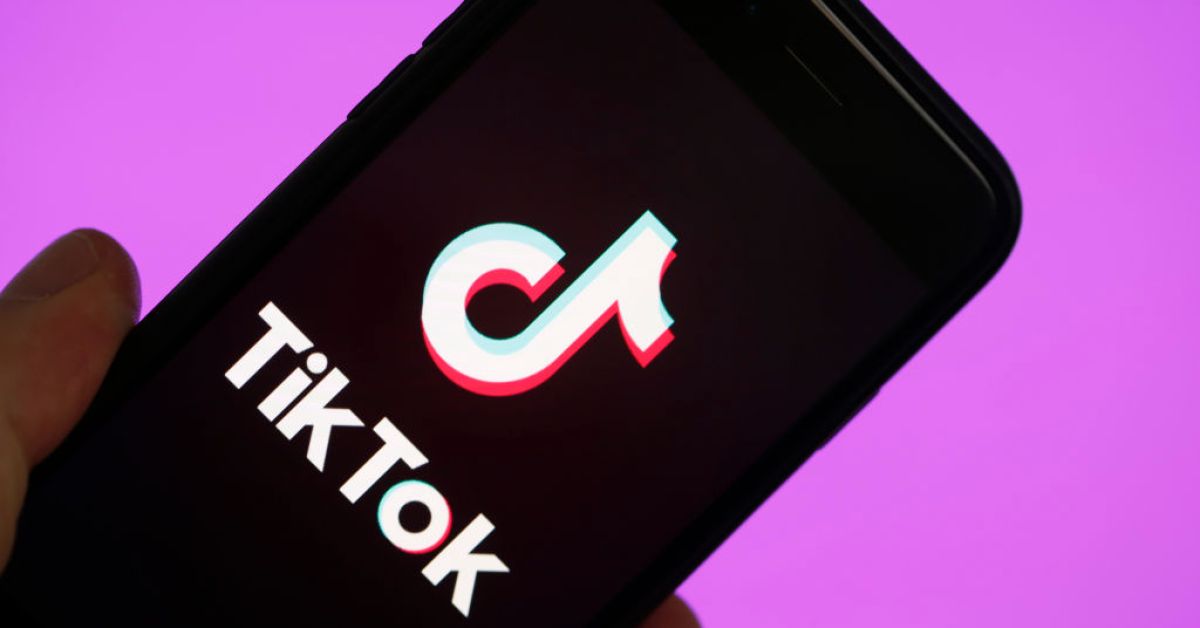
TikTok’s fight for a more equitable platform
The popular short-video app has seen criticism for racist posts of late, but also been a key platform for social justice messaging.
The internet has seen its fair share of racism, and TikTok, the video sharing platform mostly used by Gen Z and Millenials, is no exception. But this app seems to be rooted deeply in white supremacy, as the algorithm tends to favor white and lighter-skinned people.
The “for you” page on TikTok allows the user to scroll through videos they are most likely to enjoy based on other videos they have previously viewed and interacted with. Being featured on the “for you” page is a great opportunity for creators to gain more followers and recognition. Because the majority of the most popular creators are white, the algorithm may be elevating more white creators, and suppressing the work of creators of color.
Fourteen-year-old Jalaiah Harmon knows this better than anyone. Harmon created a dance to the song “Lottery” by K-Camp, known as the “Renegade dance.” It quickly went viral but she didn’t receive credit for it. Instead, white creator Charli D’Amelio was given the credit.
The routine got so popular that the NBA invited Charli and two other white TikTok influencers to perform it during the All-Star Dunk Contest in February. People on Twitter expressed their disappointment with Jalaiah not being invited and the NBA responded by inviting her the following night to perform her routine. Ever since Jalaiah received credit, she’s been featured in Teen Vogue, was a guest on the Ellen Degeneres Show and was able to record a video of her dance with K-Camp himself.
While Jalaiah had a happy ending, there are so many other young Black creators on the app that are getting lost in a sea of white influencers, and not getting the credit or visibility they deserve. Recently, there have been a number of blatantly racist videos on the app. Creators have worn blackface, used racial slurs and mocked other races with harmful stereotypes.
RELATED CONTENT
TikTok has allowed these videos to stay up, but when black creators speak out against racism, they are often suspended and their content is banned. In response to this, Black Lives Matter Utah’s founder, Lex Scott, launched an initiative on May 19th called “blackout,” in which she asked all non-Black users to not post videos for the day, instead only liking and commenting on content from black creators. They also changed their profile pictures to a black fist, a symbol of the Black Power Movement.
Following Tiktok’s “blackout” and the death of George Floyd, more and more users began speaking out about racism, white privilege and ways for non-Black people to join the fight as allies. One black user, Alexis Simone, created a challenge called “put a finger down: advocating for #BlackLivesMatter edition.” She asked people to hold up their hands and put a finger down for each action they have taken to support the Black Lives Matter Movement, like signing petitions, donating to organizations, posting on social media, talking to your friends and family about racism, for example.
Non-black allies on the app have been making videos showing solidarity. Many of them feature the song “Paris” by the Chainsmokers, with the lyrics “if we go down, then we go down together,” demonstrating that they are showing up and are completely invested in fighting for black lives.
TikTok definitely has problems that it needs to address. Racist videos should be taken down, Black creators should not be buried by the algorithm, and posts that are geared towards anti-racism should be just as amplified as the rest. Some on Twitter have encouraged people to delete the app altogether, while others have faith that things can improve.
As this movement gains traction, it’s likely that the users who were bold enough to post racist content in the past will become much less comfortable doing so, and many of them might even become educated through the anti-racism posts.











LEAVE A COMMENT: